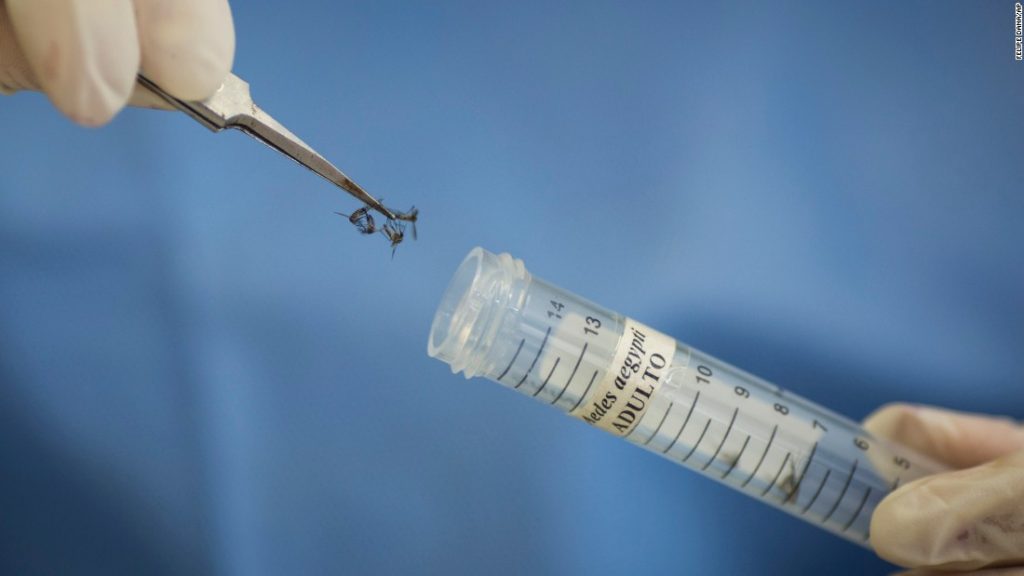Zika virus has frightened people the world over because of growing evidence that it can have severe effects on fetuses when it infects pregnant women. Although the U.S. Centers for Disease Control and Prevention last month declared that there was a “causal relationship” between the virus and harm to baby brains—most notably, small heads called microcephaly—many questions remain about how the damage happens from what was long considered a harmless virus. Three new papers published online this week describe different mouse models that infected pregnant dams with the virus, or, in one case, placed viral injections directly into the fetal brain. The studies all confirm that Zika virus harms the growth of the fetus, examining how the virus damages both placental cells and critical neural cells in the fetal brain. Two of the studies demonstrate, for the first time in an animal model, that Zika virus can cause microcephaly. Studies are also underway with Zika virus in pregnant monkeys, a model that much more closely resembles human pregnancy, and the community of primate researchers is going to unusual lengths to share their data openly in near real time.







